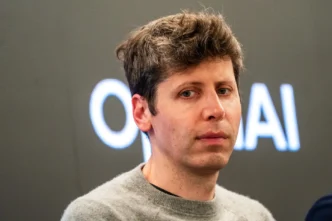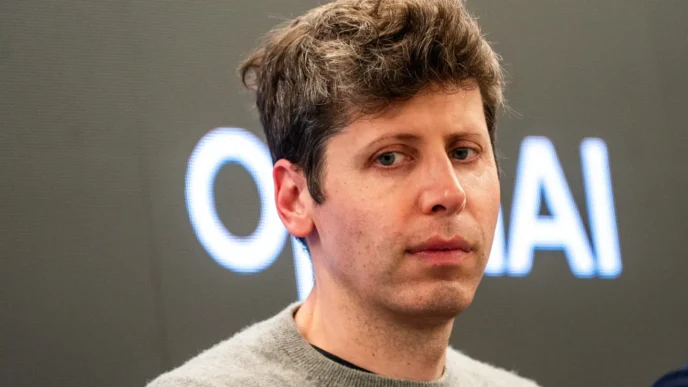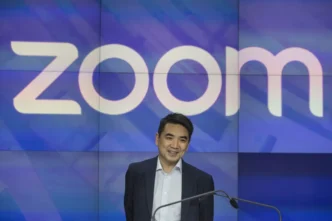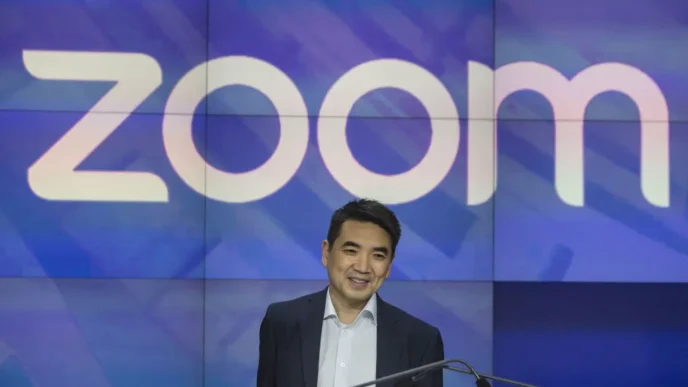Stewart Butterfield has always believed that a little embarrassment can push a team forward. His view isn’t common, yet it shaped the early culture of Slack and influenced how he led one of the most successful workplace-messaging platforms of the decade.
Back when Slack was still young, Butterfield spoke openly about how rough the product felt. He wasn’t shy about calling it out. He once said the early version of Slack was so bad that the team should feel humiliated offering it to the public. That statement alone set off a wave of reactions inside the company. The comment resurfaced recently during his conversation on Lenny’s Podcast, where he reflected on those early days with surprising honesty.
He said that during a 2014 interview with MIT Technology Review, he didn’t hold back. In fact, he described Slack’s early product as terrible. He meant it as a challenge, not an insult. But when he walked into the office the next morning, the team had already responded. They printed his quote out across dozens of sheets of paper and plastered it all over the walls. The message was impossible to miss.
Butterfield still stands by what he said. To him, embarrassment isn’t about shame. It’s about energy. It’s about fuel. He believes that feeling uncomfortable with the status quo pushes people to pursue something better. Even today, he says leaders should always see infinite room for improvement rather than settle into comfort. He explained that it’s fine to be proud of strong individual pieces of work, but the entire product, taken together, should spark a desire to keep raising the bar.
This mindset traces back to philosophies he’s studied and admired. One example he brings up often is Toyota’s kaizen principle. Kaizen is about continual improvement. It encourages teams to remove waste, improve processes, and build higher-quality systems step by step. Butterfield sees that philosophy as parallel to his own approach, where every flaw is simply an invitation to refine.
He also shared a story connected to Ray Dalio, the billionaire investor and founder of Bridgewater. Dalio once heard from Michael Jordan’s ski instructor that Jordan viewed mistakes as puzzles that reward you once you solve them. Butterfield likes this story because it captures the idea that errors aren’t failures. They’re spark points. They guide you toward the next version of excellence.
He’s aware that this style doesn’t land the same way with everyone. Some people thrive under blunt feedback. Others freeze. That’s why he calls the art of knowing when to be critical one of leadership’s hardest skills. Even top leaders differ in how they approach it. Netflix’s CTO has said the company relies on continuous, candid feedback delivered in real time. Meta’s CFO Susan Li once noted that Mark Zuckerberg has improved his feedback style so much that she now sees him as world-class at it.
Butterfield doesn’t think there’s a universal rule. Instead, he believes leaders need to experiment and observe. The key is to understand who responds well to sharp, direct notes and who needs something softer. Still, he believes that most people do grow to embrace straightforward criticism once they learn how productive it can be. He’s convinced that the right kind of honest pressure helps teams become faster, sharper, and more ambitious.
Throughout Slack’s rise, this mentality shaped the culture. The company grew into a platform used by millions of workers worldwide. It became one of the most important tools in modern office communication, and eventually, Salesforce acquired Slack for $27.7 billion. Even with that success, Butterfield has always insisted that the product was never “finished.” To him, the only wrong approach is believing that a product is already great. Once you start believing that, progress slows.
He talks about improvement the same way athletes talk about training. You win one game today, but tomorrow you go back to drills. You run sprints. You review what went wrong. Then you repeat it again and again. That rhythm kept Slack moving, and Butterfield saw it as the heart of building useful products.
But he admits something important too. He knows embarrassment can be powerful, yet it must be used with intention. It’s a tool, not a culture. It’s a spark, not a strategy. When a founder or leader misuses it, the effect can backfire. It can drain motivation instead of building it. It can make work feel unsafe instead of inspiring. Butterfield kept a close eye on this balance, and he often reminded himself that criticism should be about pushing the work forward, not pushing people down.
That’s why he handled the moment with the posters in good humor. Instead of doubling down, he acknowledged the joke. He enjoyed the team’s response. It showed that they understood him and could keep the culture playful, even while aiming for high standards. Moments like that helped Slack develop the confident but self-aware culture it became known for.
Even now, years after leaving the CEO role, Butterfield still believes that growth comes from refusing to settle. He thinks leaders should develop a mindset where improvement is constant, where mistakes are seen as information, and where early embarrassment becomes a sign that you’re moving in the right direction. He wants leaders to stay curious, stay humble, and stay hungry for what comes next.
His story is a reminder that great products don’t emerge from comfort. They come from teams willing to look at their work honestly, even when it stings. And in Butterfield’s world, a little sting is often the start of something much better.













